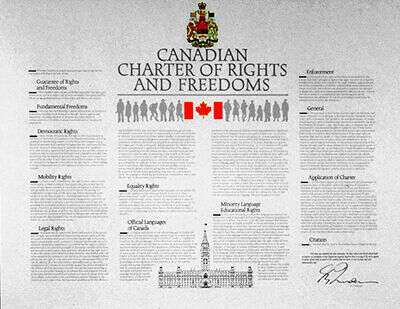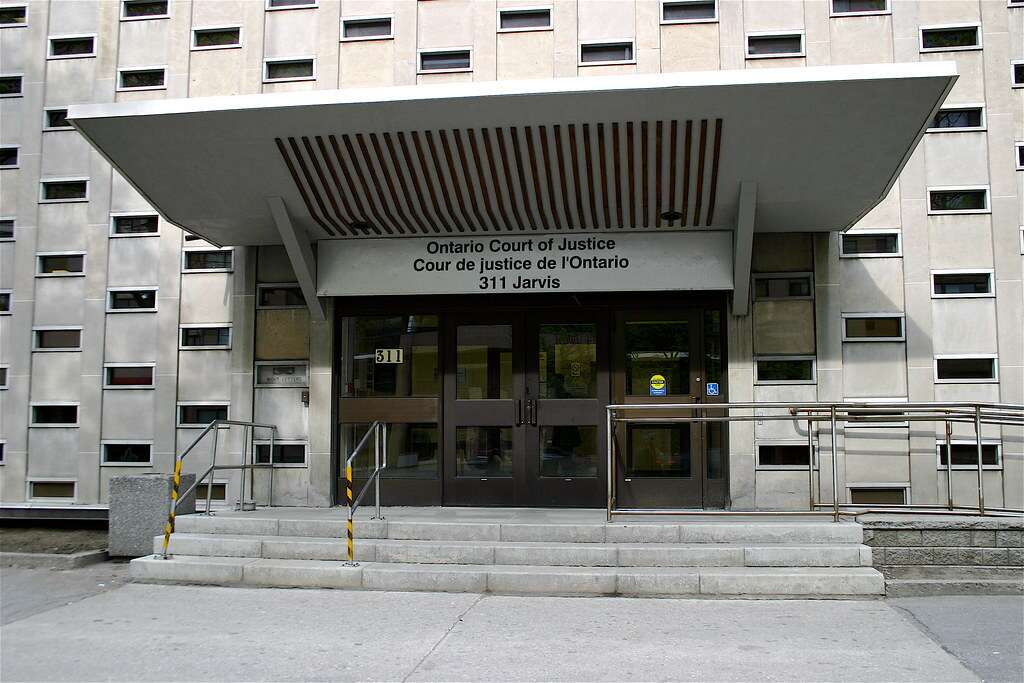In the face of oppression, racism and physical violence, Indigenous peoples across the country are demanding protection of their ancestral lands and recognition of their Aboriginal and Treaty rights.
As part of these efforts, the role of the criminal justice system in upholding the status quo and undermining Indigenous interests is also being challenged.
In R. v. Turtle, 2020 ONCJ 429 the Ontario Court of Justice confronts this issue head on, highlighting the colonial roots of Canada’s justice system and its persistent failure to “serve and protect” Indigenous peoples.
What is it about
Pikangikum First Nation is a fly-in, Treaty #5 community located in Northwestern Ontario, 225 kilometres northeast of Kenora.
Six Pikangikum women, all mothers residing on reserve with their young children, pled guilty to drinking and driving offences that carried mandatory minimum jail sentences of not more than 90 days. Under the Criminal Code, the women could request to serve their sentences intermittently, likely on weekends. However, because of the reserve’s remote location, with the nearest jail located in Kenora, the women argued that it would be financially and logistically prohibitive for them to travel to and from the jail to serve their sentences intermittently.
The Pikangikum members brought an application alleging that their inability to avail themselves of an intermittent sentence as a result of their residency on reserve violated their section 15 equality rights under the Charter of Rights and Freedoms. As such, they requested a constitutional exemption from their sentences.

What the Court said
The Court held that the practical unavailability of an intermittent sentence for the Pikangikum female applicants as a result of their status as on-reserve band members discriminated against them and unjustifiably violated their section 15 equality rights.
In his reasons for judgment, Justice Gibson described the negative implications for the applicants of having to serve a continuous sentence, emphasizing the overcrowded conditions of the Kenora jail and the destabilizing effects of removing the applicants from their children and the community for extended periods of time.
The Court declined to offer the applicants the constitutional exemption as requested because the Crown had undertaken to transport, at its expense, all the applicants back and forth to the jail until their sentences were served. Justice Gibson did, however, encourage the Crown to consult with Pikangikum about the administration of justice in its community.

Why it matters
R. v. Turtle is an important reminder of the damage that results when Indigenous peoples are forced to rely on legal regimes grounded in inherently discriminatory practices that have no understanding of or respect for Indigenous realities.
In coming to its decision, the Ontario Court of Justice commented extensively on the “corrosive effects of colonialism” experienced by Pikangikum members, particularly in the context of the justice system.
Pikangikum members and Elders presented evidence before the Court explaining that, prior to colonization, Pikangikum relied on its traditional practices and legal processes to keep peace within the community, which it exercised in accordance with its own inherent jurisdiction and understanding of justice.
Over time, the disruption to Pikangikum’s traditional way of life as a result of the Crown’s colonial and racist policies gave rise to high rates of criminality, alcoholism and suicide within the community. According to Pikangikum Chief Dean Owen, “Being forced to adopt the ways of others was not what our ancestors intended when they entered into Treaty with the Queen.”
Despite this, the imposition of foreign laws on Indigenous peoples without any recognition or regard for the existence of their own legal systems is a common theme of Crown-Indigenous relations in this country.
As demonstrated by the response of law enforcement to Indigenous rights defenders across the country over the past year, concerns about the application of Canada’s criminal justice system to Indigenous peoples extend beyond the particular provision of the Criminal Code at issue in this case.
Whether it’s the violence perpetrated by police in Wet’suwet’en and Haudenosaunee territory or their non-response in Mi'kma'ki, the message seems to be that the protections promised by Canada’s legal system are unavailable to Indigenous peoples.
When we consider this history of violence, broken promises and continuous denial and degradation of the rights of Indigenous peoples, is it any wonder that Indigenous peoples lack confidence in Canada’s justice system? How can Indigenous peoples be expected to put their lives in the hands of a system that has persistently failed them and more often than not been used against them?
In this regard, the Court’s decision in R. v. Turtle is a clear call to reform Canada’s justice system.

Looking ahead
Pikangikum has indicated that it intends to pursue negotiations with the Crown to reclaim and revitalize its own legal system in a manner consistent with its Anishinaabe laws.
Pikangikum is not alone in its demands to reform the justice system. Earlier this year, the BC First Nations Justice Council and the Government of British Columbia signed the BC First Nations Justice Strategy, aimed at transforming the relationship between Indigenous peoples and the justice system.
In other parts of the country, Indigenous groups, tired of waiting for government reform, are exercising their inherent jurisdiction and seeking to develop their own strategies to take control of their legal systems.
The significance of this work cannot be overstated. This is not about devolving certain administrative powers to Indigenous governments. This is about breaking down legal regimes that have consistently failed Indigenous peoples and rebuilding them in accordance with Indigenous laws and priorities. This is about decolonizing the justice system by enabling Indigenous peoples to reclaim the legal processes that traditionally served their communities.
Angela D'Elia Decembrini is a lawyer at First Peoples Law Corporation.
Follow Angela on LinkedIn and Twitter
Visit our blog for more First Peoples Law analysis
Sign up for our Aboriginal Law Report
